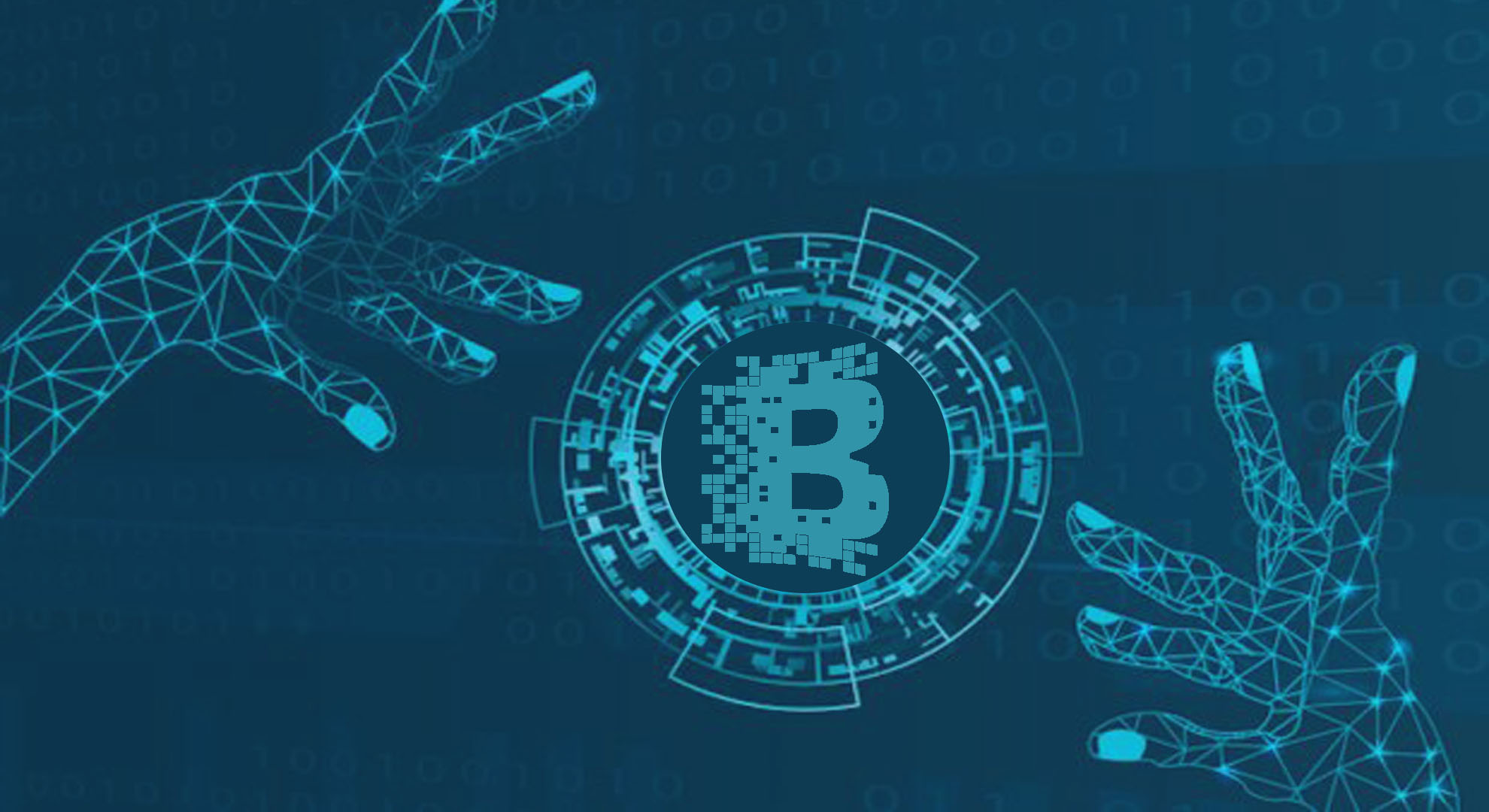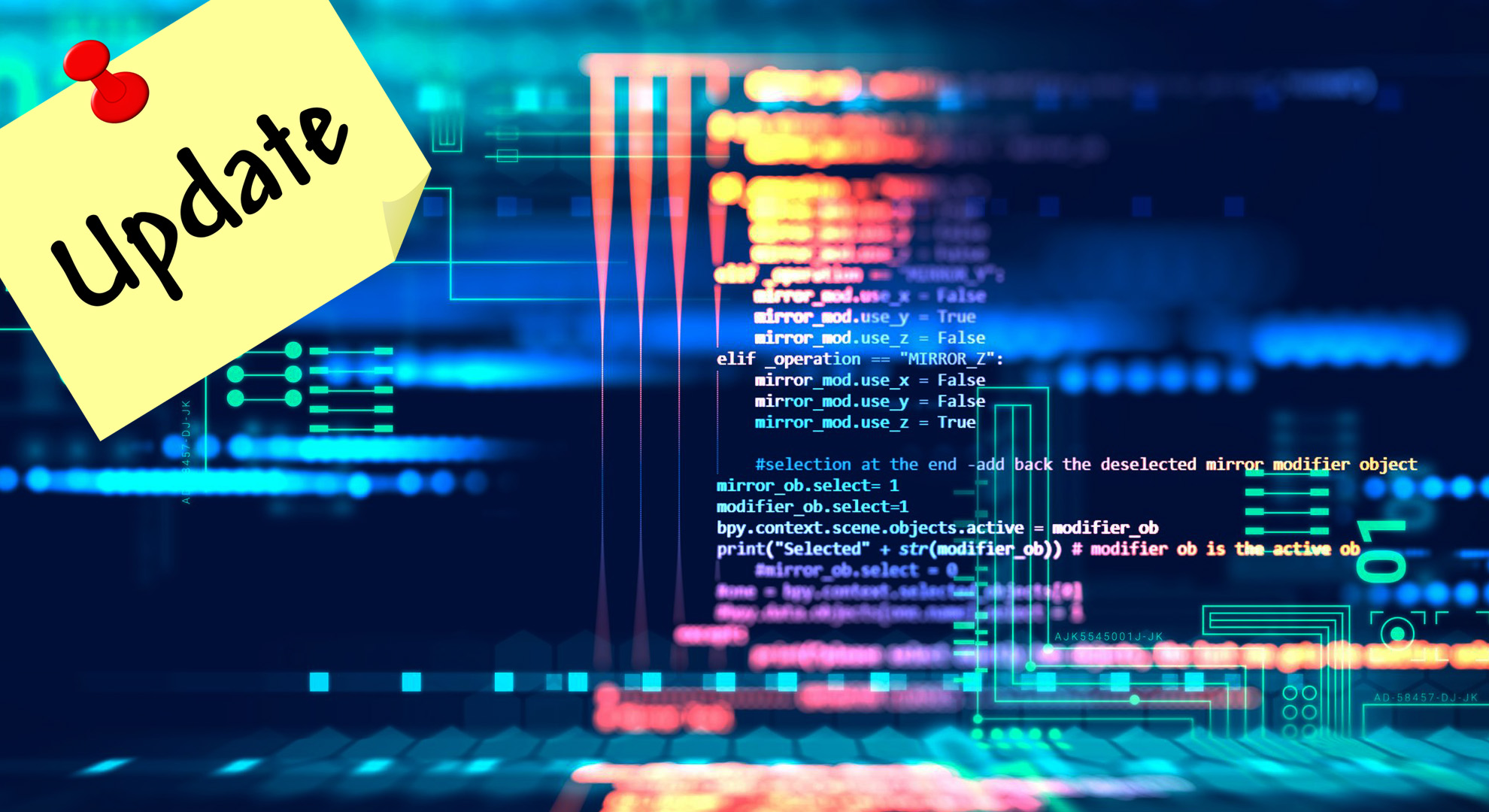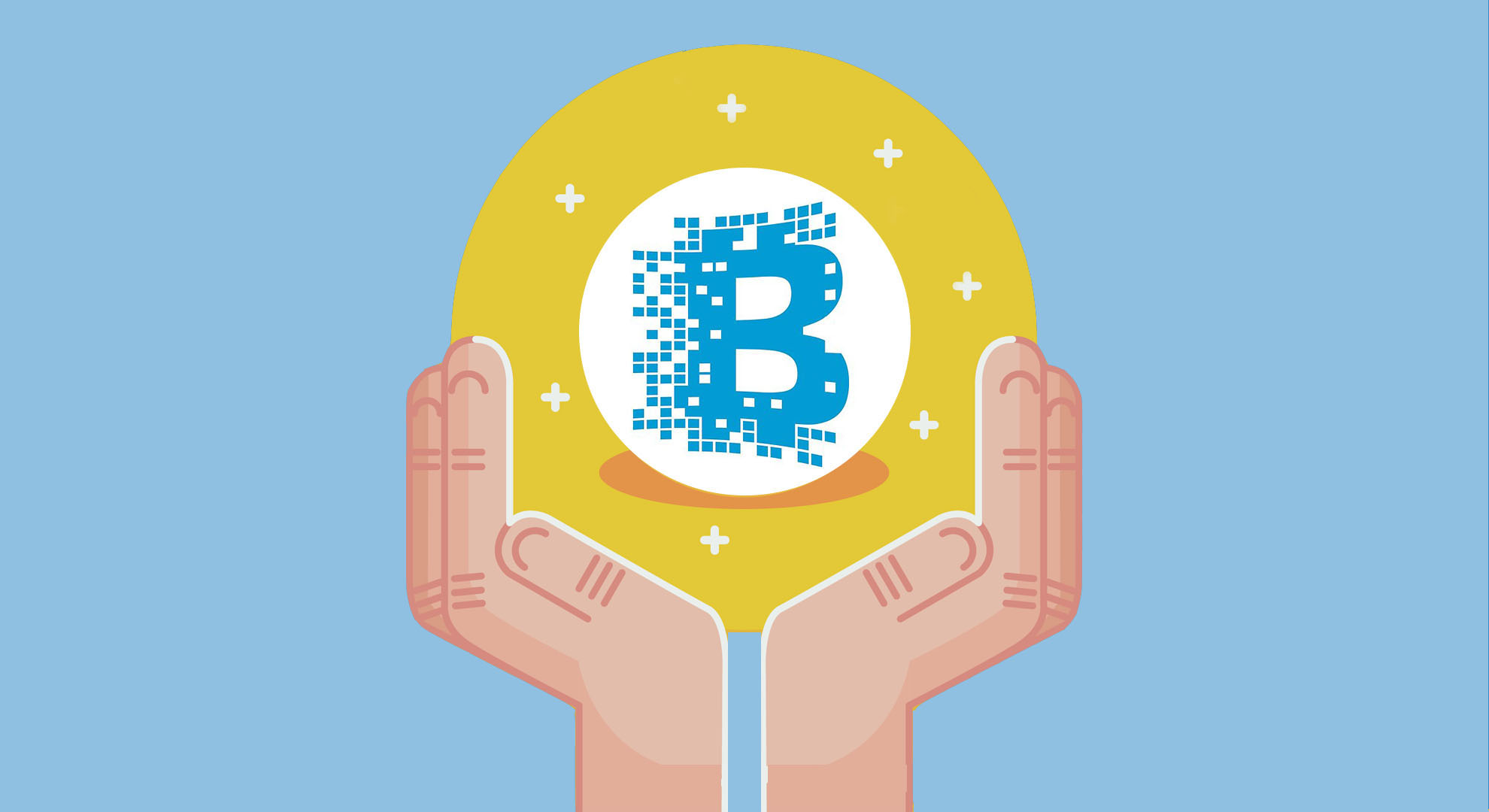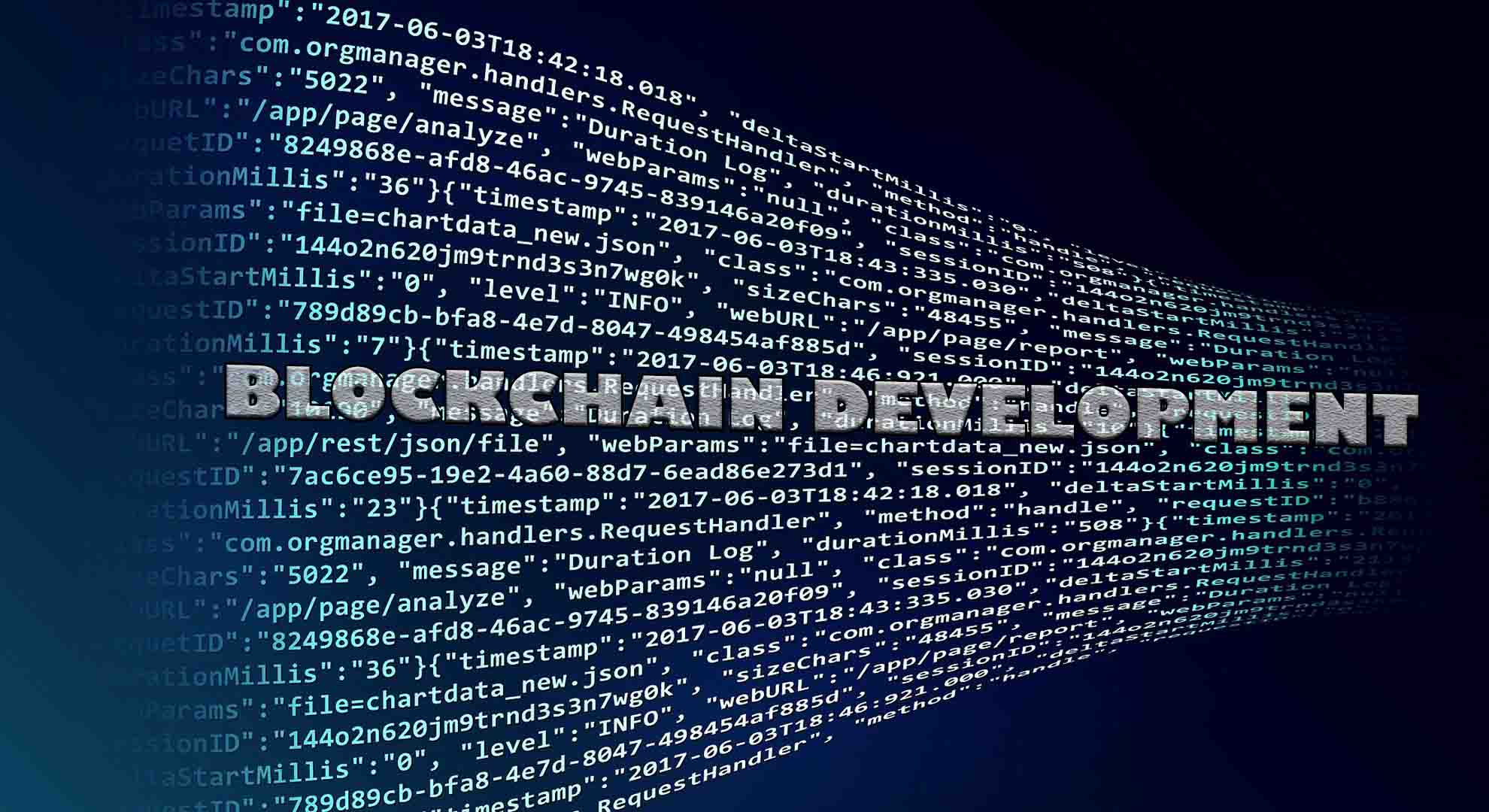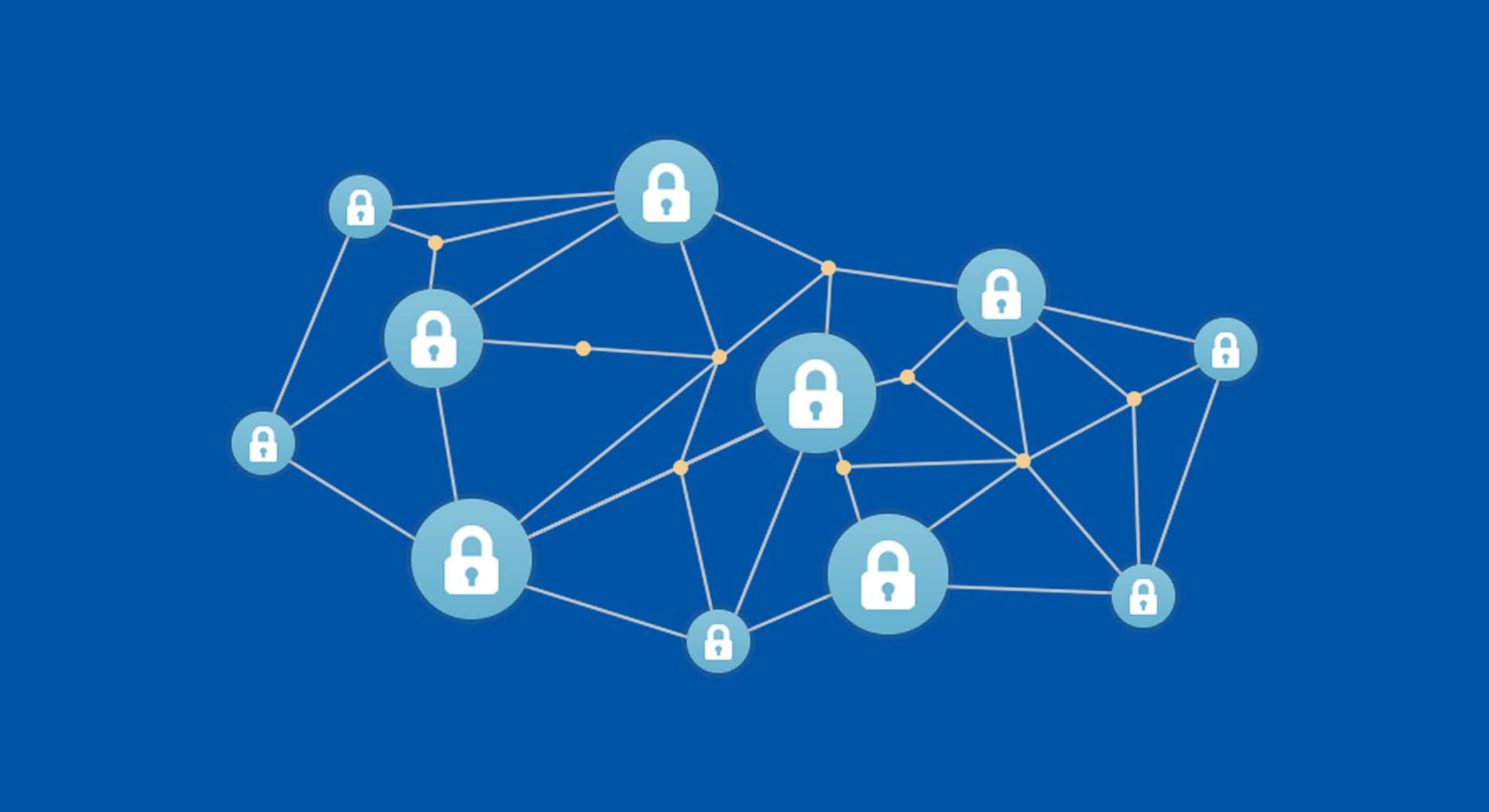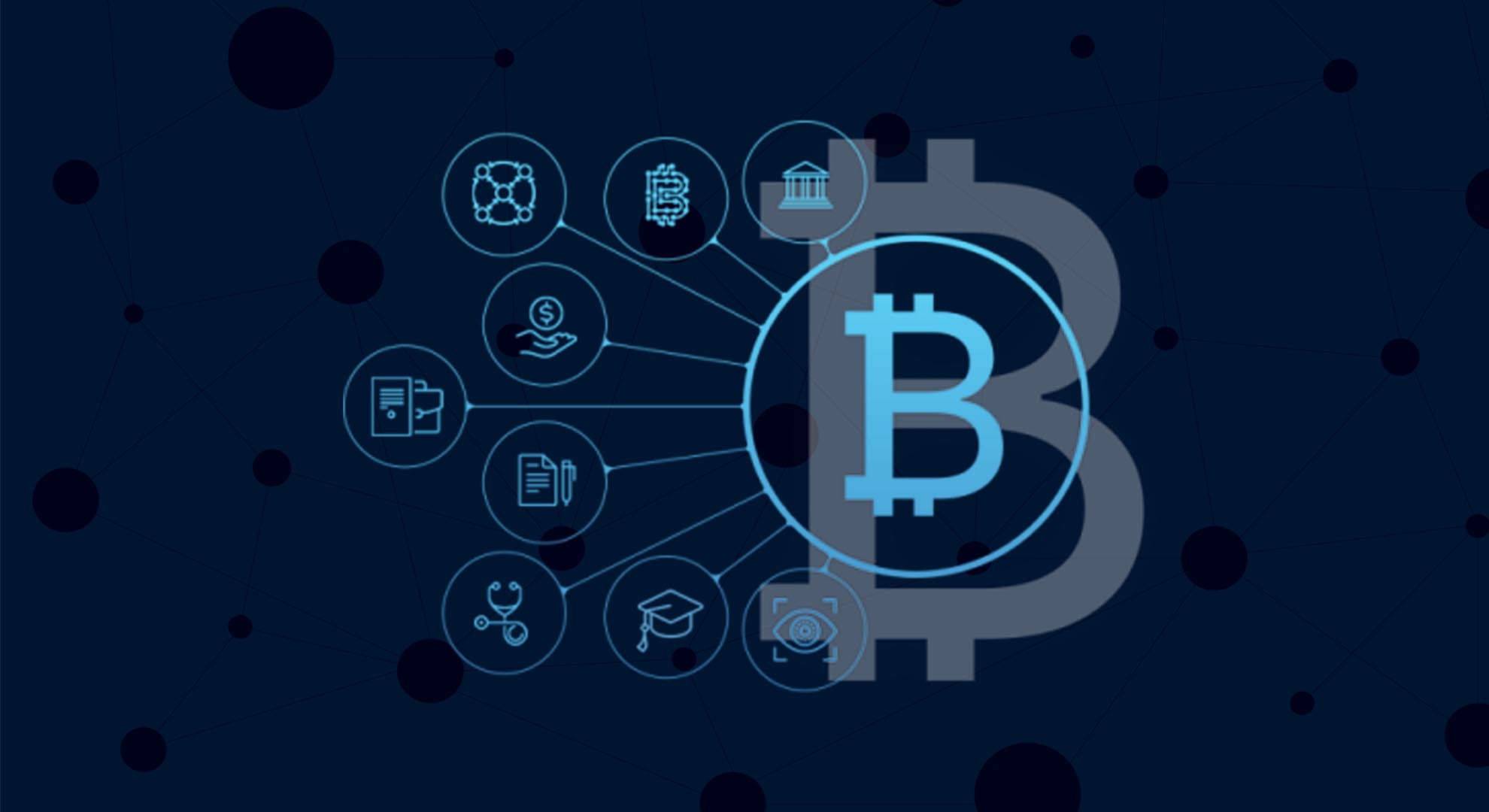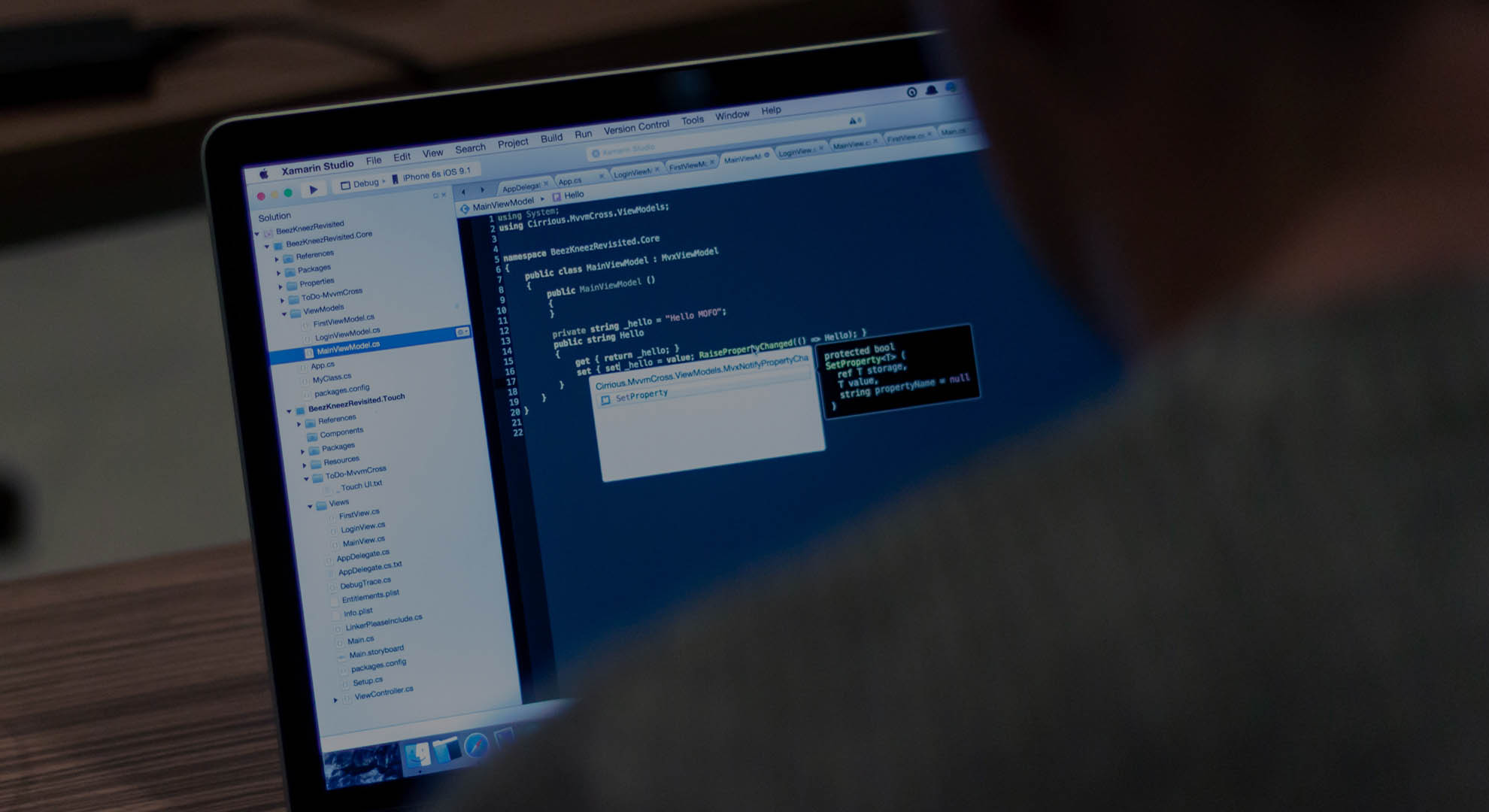The present IP industry setting has third-party authenticators for patents and trademarks. These are existent in the form of international organizations, trademark offices, and national patent.
The IP authenticators and regulators currently used were actually manufactured in the pre-digital era. Majority of the countries in this world have their own mechanisms for IP management. Although there is some reliability, there is also a great deal that is different to every individual prerogative.
Beforehand international trade was omnipresent, this was less of an issue. Organizations expanded their home market first, prior to focusing on the internationalization. In recent times, predominantly since the arrival of the internet, this has become more of an issue. Ideas are worldwide from the beginning. Companies that are existent on the Internet can internationalize very rapidly and efficiently. However, handling their ideas and brands over numerous territories is extremely perplexing, demanding a good amount of cost and time. Blockchain could possibly assist to make this less of an issue.
Therefore, we are providing you with three areas in which Blockchain software Development Company could provide a solution for the IP industry.
1. Ideas Generation
Companies and individuals that create ideas must take imperative decisions regarding protecting them. In situations, where there is an obvious and clear technical development or new service or product, companies probably look to patent this to spawn commercial advantage.
The problem frequently comes when things are less flawless. For example, a company probably wish to try to exploit its idea by keeping essential elements underground instead of going to the expense of patenting the idea. Other enterprises probably feel that a patent gives so much away to its rivals or that it does not want to capitalize the time in patenting an idea. For all these causes there are frequently clashes around who created an idea. These are frequently expensive and time-consuming.
Blockchain could take away such concerns by permitting companies and individuals to detect their own innovation and place it on record within a Blockchain. Any upcoming concerns around who was the first to generate an idea would then be effortlessly recognized via the blockchain’s timestamp. This could solve any amount of costly and complex legitimate contests that take place nowadays around the early creation of an idea that has not been directly safeguarded.
2. Ownership and Licensing
The IP system is grounded on allowing companies that generate ideas to advantage commercially from others that desire to utilize the innovation. On the other hand, this can be a field of huge frustration and confusion – predominantly in multifaceted electronic products where thousands of patents are set up in one device.
The mobile phone industry has witnessed a series of patent conflicts with numerous of the main manufacturers taking lawful action against each other around unproven breaches of patents. Such fights are distracting and expensive for the companies, mostly where it is progressively challenging to make certain electronic devices without access to particular technologies.
Despite the fact that the objective of the IP system is to permit companies that revolutionize to be compensated for their ideas when difficult products like cars or computers are created, there are queries around IP proprietorship. This is worsened by the fact that authenticating possession of patents can be thought-provoking. Companies trade IP assets without bringing up to date ownership status, making it difficult for even well-meant companies to legally license others’ IP.
This results in more patent clashes that are essential and a murder of the legal process. Blockchain technology could give correct and clear possession records of IP assets for an industry. Licensing contracts could even be made and verified through the Blockchain itself, giving a perfect and updated ledger.
3. IP Transactions
As referenced previously, handling IP in a globalized economy is tremendously perplexing. Businesses need to decide where to pursue shield for ideas and then distinctly apply for defense in relevant features. Any business with a bit of idea will encounter so much paperwork and difficulty across the globe. Only handling this procedure is expensive and time-consuming.
Blockchain provides the chance to place a preliminary idea on a Blockchain and then modernize it, by constructing a geographical possibility for it. If the same Blockchain is being utilized by a network of law firms internationally, each could action the procedure of protection and modernize the Blockchain accordingly. This meaningfully decreases difficulty, possibly boosting more companies to defend ideas.


